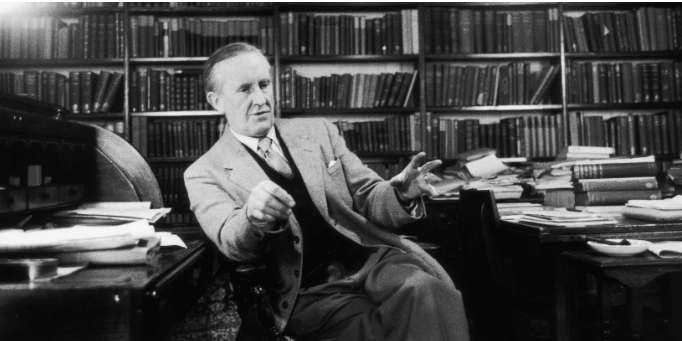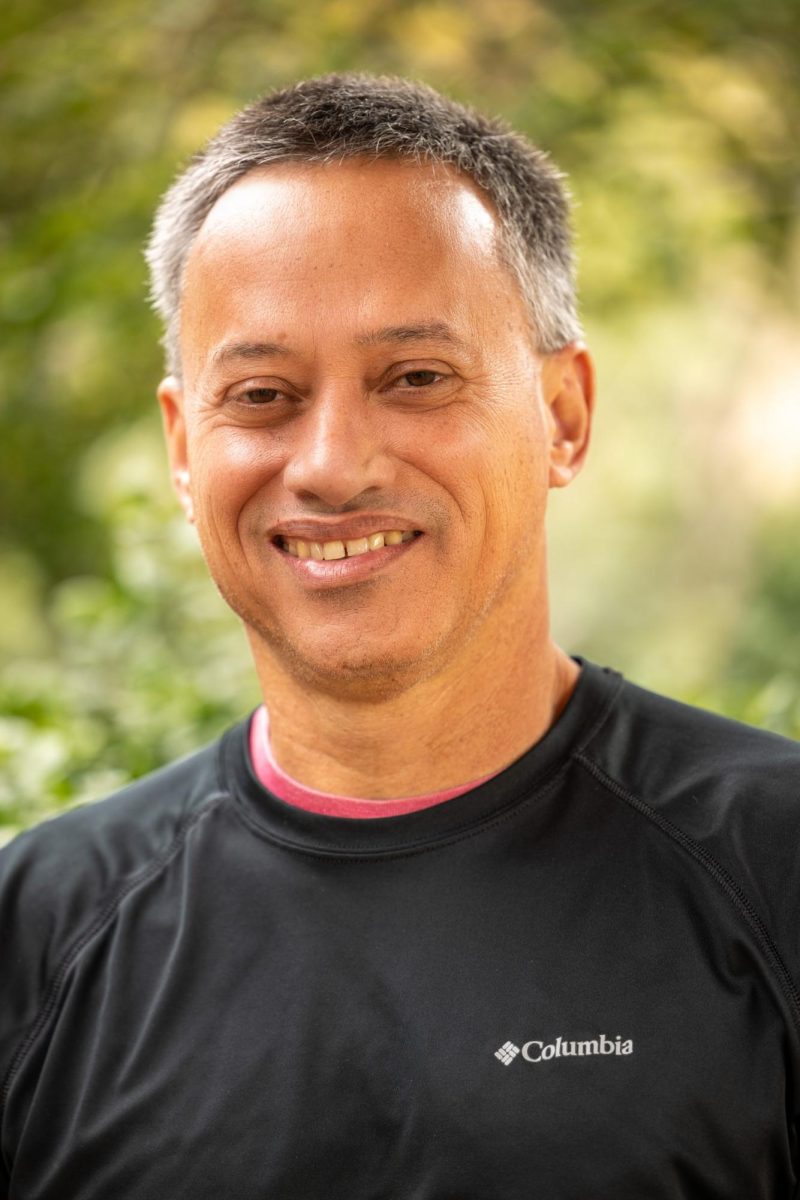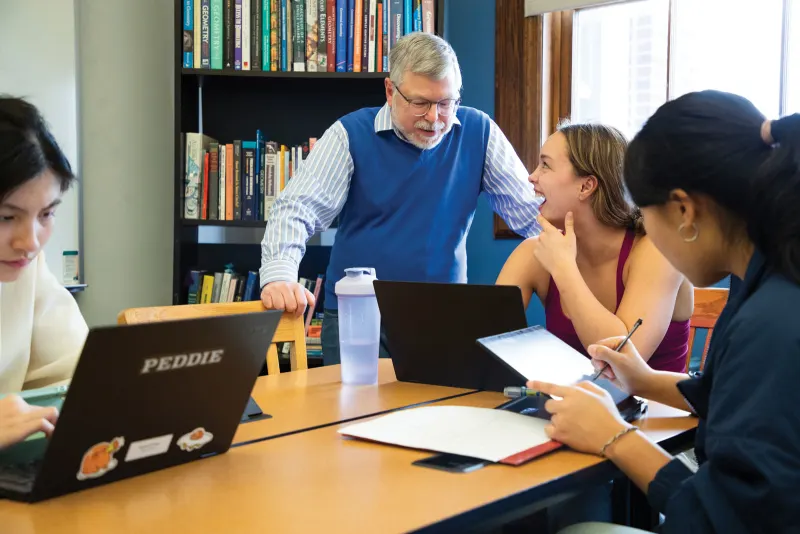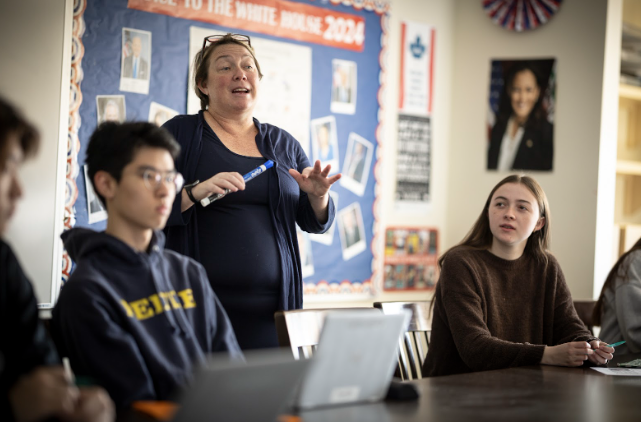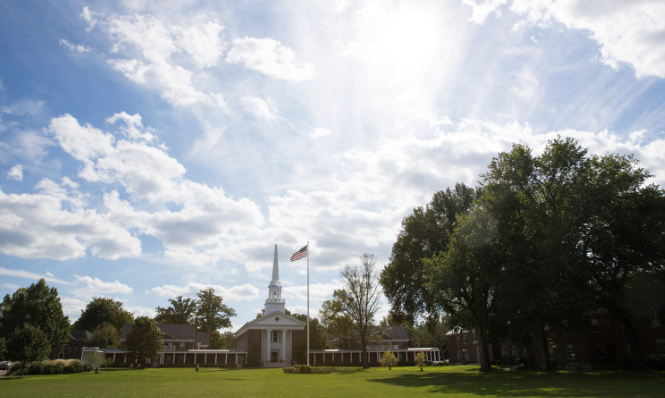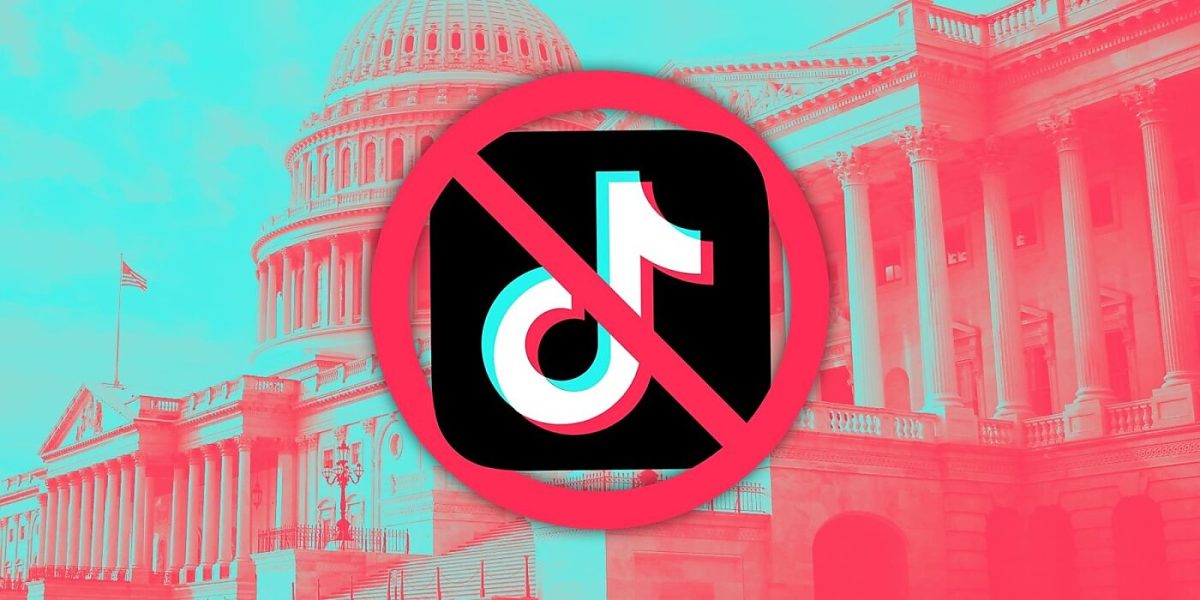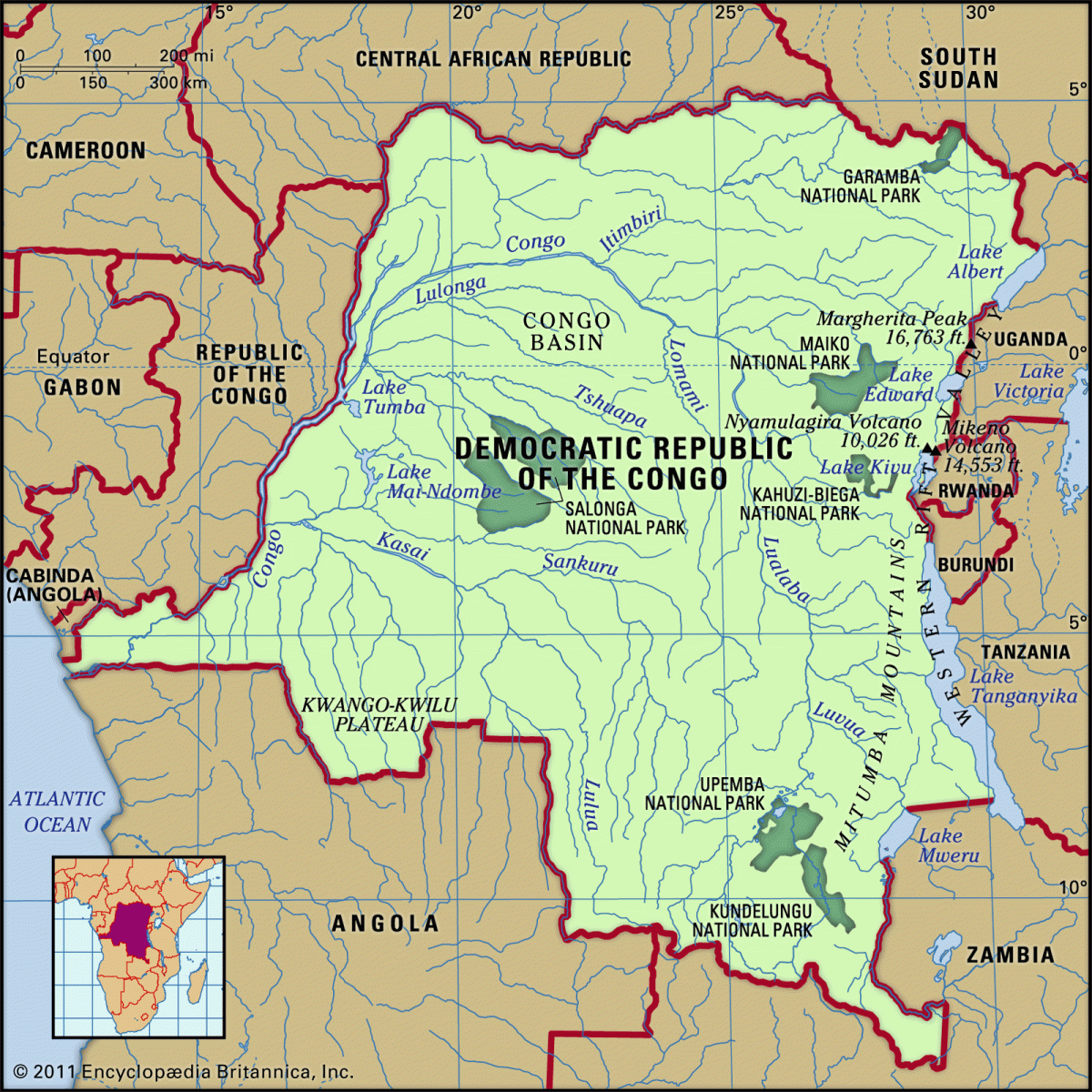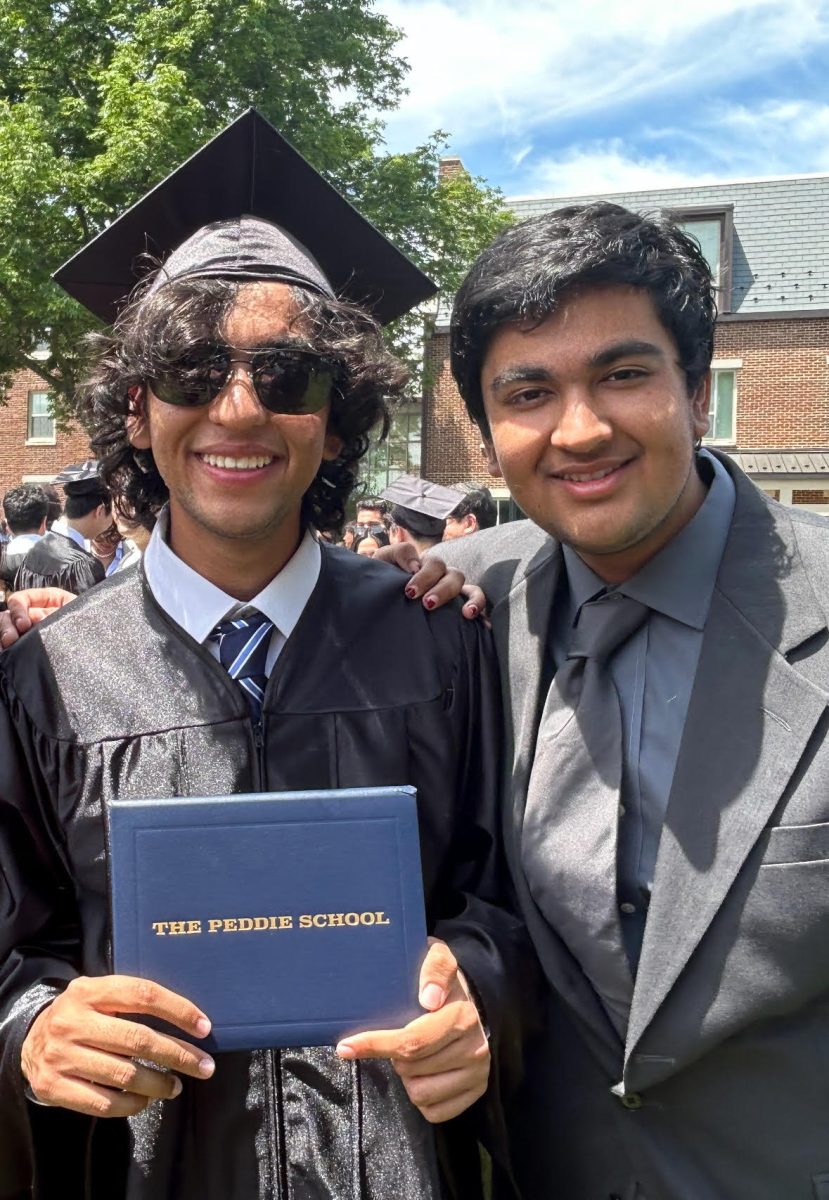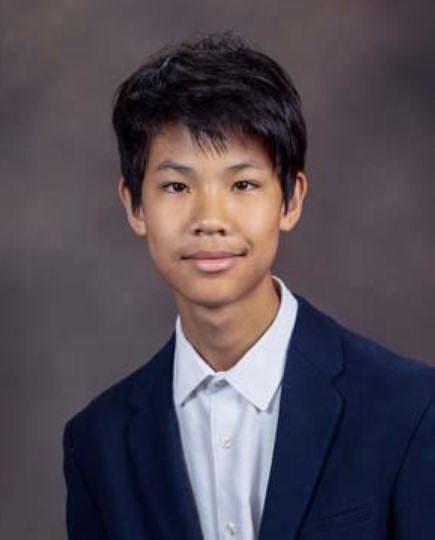Kazakhstan in Fueling Flame
February 14, 2022
Kazakhstan, a country known for its political and economic stability in a region marked by instability throughout the past decades under a pseudo-democratic, repressive regime, fell into hellfire on January 5. What first seemed a peaceful protest in Zhanaozen, a city in western Kazakhstan, aggravated drastically that it stormed across the country and set the city of Almaty, the former capital, on fire with tumultuous political unrest and clouds of uncertainty.
Discontent has been bubbling since the Kazakh government raised the price caps for liquefied petroleum gas, a resource central to the lives of millions of Kazakh people. Such a bold measure deepened the economic fissure agitated by a rampant pandemic, stagnant salaries and growing class inequality. Protestors first took to the streets of Zhanaozen, a key Kazakh oil town that ten years ago witnessed a massacre that broke out between the police and protestors after a similar episode of unpopular gas regulation. Demonstrations in Almaty, the hub of the Kazakh economy, took place in the same fashion until violence dawned on the country.
Daniyal Maitekov ’23, a junior boarder who is currently stuck in Kazakhstan, lamented, “Everyone in Kazakhstan did not expect it to happen so quickly and with such a great impact. At first, the protests seemed peaceful that they did not even seem like riots. Then they grew more and more each day; protestors started to set president residences on fire and tried to destroy any buildings that had to do with the government. After that, it got even worse. Shopping malls, grocery markets and clothing stores were robbed with the only purpose of stealing. At that point, I knew it got too much, and it started to look more like terrorist attacks.”
Maitekov’s firsthand observations of the dire situation in Kazakhstan lend insights into the actual causes of the riots. The crisis was fueled by both an intense and disastrous political infight and civil discontent at the undemocratic regime.
Factional conflicts within the government have infested the administration in recent years. In President Tokayev’s national address two days after Almaty became the epicenter of furor, he called the violent protestors “bandits” strategically organized from “a single command post.” Thus, speculations arose that the streetfighting in Almaty represents a power struggle between factions of the Kazakh political elite – or more specifically, between President Tokayev and former president Nursultan Nazarbayev, who still claims large political influence and has allies within the administration.
Another root of the conflict is popular discontent at the Kazakh government. For decades, the country has been led by a kleptocratic elite, who, repressive in nature, enjoy great authority over the national economy. Although Kazakhstan is rich in resources, the allotment of these resources has never been in people’s favor. With the economy deteriorating in past years, social stratification has exacerbated tension in the sociopolitical structure of Kazakhstan. This phenomenon explains why the protestors elevated their appeal from a call for a more equal economy to a demand for political liberalization.
To quell the uprising, President Tokayev sought Russian assistance, who sent military reinforcements to save the country from the marauders. However, the consequence of the Kremlin’s involvement is incalculable since Russia is now able to reassert its sphere of influence in a time when the Ukrainian conflict is boiling.
Nevertheless, it is the people who bear the cost of all the commotion. “Currently, I am in Kazakhstan since the flights were canceled across the country for a week. The airport was damaged, and people were not able to fly out. The country entered a blackout with the internet being shut down for five days because the government did not want the terrorists to communicate with each other. People were unable to connect with the outer world,” revealed Maitekov. Clearly, the violence that splintered the country also severed interpersonal relationships and inflicted traumatic pains and anguish on the Kazakh people.
However, now that the unrest has been quashed, the Kazakh people are hopeful and anxious at the same time. Maitekov concluded, “After the protests calmed down and the president gave his speech, the citizens of Kazakhstan finally got some hope. The speech was significant, and personally, it felt like a new phase for the country. We can finally be proud of our president, but it is yet too early to judge.”

